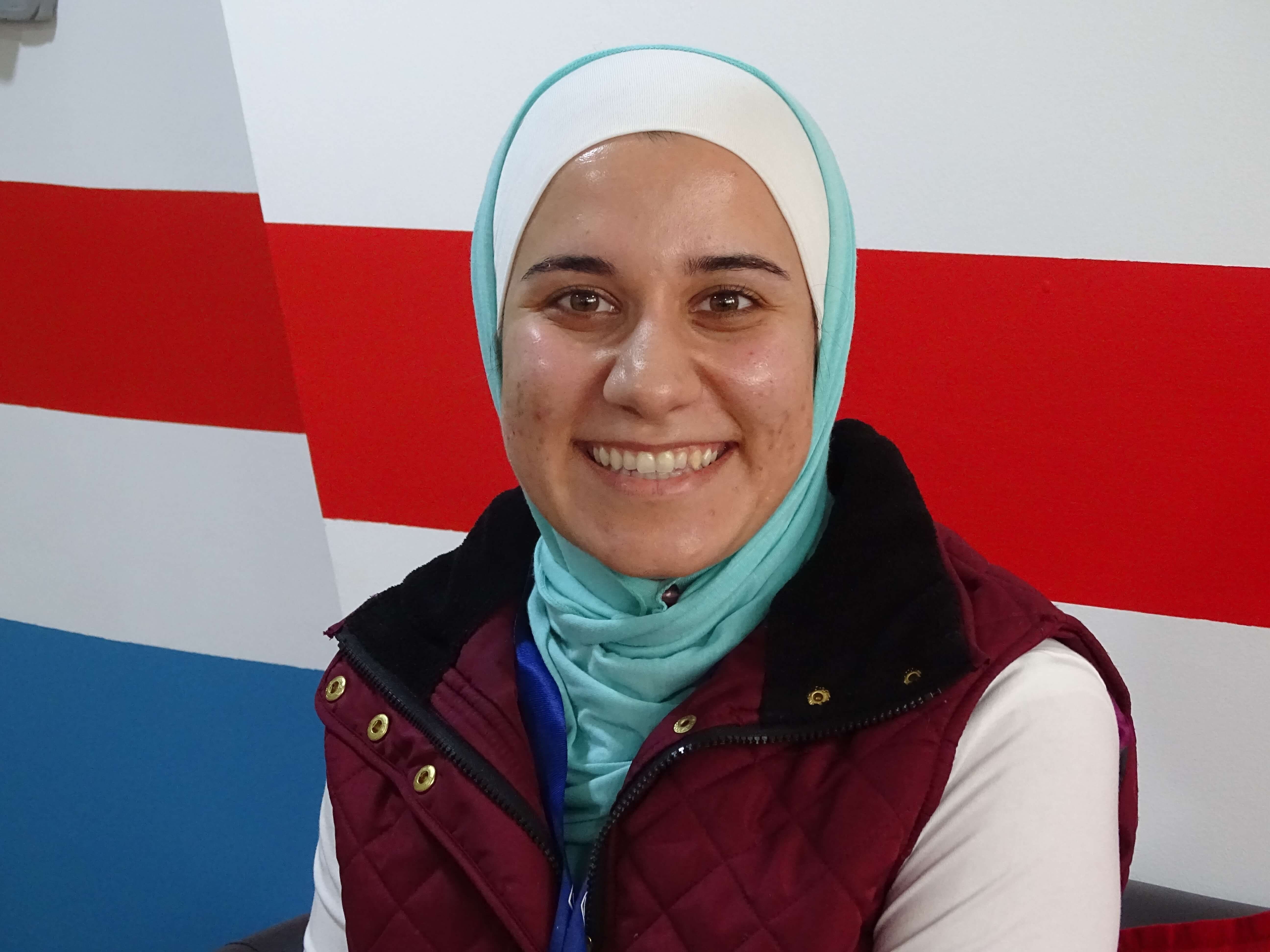Lina al Tarazi, Programme Field Coordinator with the Royal Health Awareness Society (RHAS) in Jordan, reflects on her experience of participating in Context, a programme led by Oxfam GB as part of the Start Network's Talent Development DEPP project. This article was originally published on RedR UK.
The Royal Health Awareness Society (RHAS) is part of the Queen Rania Foundation. We focus on health in schools, universities and the community.
The biggest project we run at school-level is called the ‘Healthy Schools Accreditation Programme’. Throughout the year, we organise workshops and training for teachers, who pass on their knowledge of good health and hygiene practices to children. Our partners on this project, and indeed all our projects, are the Ministry of Education and the Ministry of Health. It’s a very collaborative process.
Increasing engagement
Context opened my eyes to things we weren’t considering as much as we could have been in our programming - like the importance of consulting and engaging stakeholders, specifically the people who are receiving the services you’re providing. As part of one of our WASH projects, we were planning to do three awareness-raising sessions on each pre-identified topic. But talking about stakeholder engagement during Context made me realise we should be asking them what topics they wanted to cover, rather than planning in advance.
After this we circulated a questionnaire to students and schools: we asked them whether they wanted to talk about hygiene, oral hygiene, bullying . . . and this led us to make some upgrades to the project. For example, in the sessions on hygiene in high schools, we included a special session for girls, focusing on the menstrual cycle. It took time to plan - and required us to allocate some additional funds - but it was worth the investment, because it meant we were able to deliver a more relevant programme. It wasn’t easy to get this up and running: menstruation is a delicate topic, so we had to make sure all parties were on board with the idea.
What I noticed is that, as a result, the girls were very engaged in the session. They were participating, sharing their experiences, asking questions. And afterwards I overheard some of them saying that it was the first time they had attended a session that was based not on the facilitator’s idea of what the participants needed to hear, but on the suggestions of the participants. So that increased their sense of ownership.
Personal and professional growth
Taking part in Context was not my idea: it was suggested to me by my organisation’s HR department. I liked the fact that our managers were involved in the learning journey, from the application process onward. My manager is generally very supportive but, due to her heavy workload and the many demands on her time, she hasn’t really been involved in the training I’ve done the past. With Context, my manager’s involvement increased my sense of ownership of the training. She even called me up from time to time to check how the training was going, and whether I was benefiting from it. I’ve also, thanks to Context, been selected to attend a two-day coaching training with the CHS Alliance. I’m really excited about this: all being well, I’ll be part of this network in the Middle East. I liked the fact that RedR opened this door for me.
Certainly, on a personal level, i've improved the way I manage my time and my priorities since taking the course. My line manager has given me positive feedback on this point. She told me, "I can see that now you are much more organised; I'm no longer waiting to receive reports from you, or feedback from field visits".
And one of the best things about the course was the pool of participants. It was a real mixture of people from development, people working in emergency settings, and people from civil society organisations. I’ve heard and had the chance to experience things that, in my role, I’m not working on. We still talk all the time on WhatsApp!
Addressing common challenges
I’ve also been able to share my learning with my colleagues. In October of 2016, I ran a three-hour training session for 30 co-workers on two issues which I had identified as the main bottlenecks in our work: prioritisation, and time management. I was able to refer back to the notes I’d made during the Context sessions - I’m not a nerd, but I do like to take good notes! - and I got in touch with our trainer, Stephen Blakemore , to ask his advice on what he considered were the important points to cover. I’m not sure my colleagues will all apply these standards in their work, but at least they know they exist. I’m sure it has clicked something in their brains.
The Core Humanitarian Standard is particularly relevant to our work. Applying it has definitely improved the quality of what I’m doing. When you’re talking about dignity, security and other very big words and concepts, it can be confusing - but then you discover that there are practical ways of applying them. There are steps for you to follow in order for you to reach your goal.

